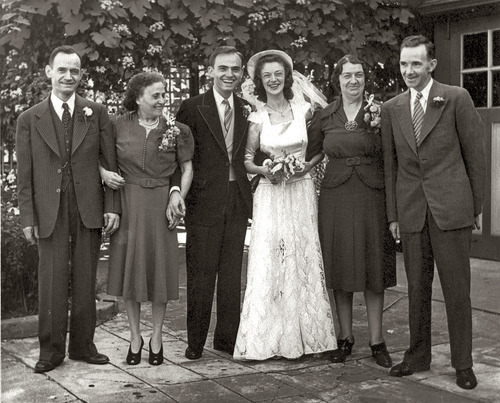 For a series that hopes to dispel stereotypes,” The Italian Americans” (PBS, 9 p.m., check local listings) begins with shots from “The Godfather.” The mob permeates stories of the Italian experience in America, and it does as well in this well in this absorbing series narrated by Stanley Tucci.
For a series that hopes to dispel stereotypes,” The Italian Americans” (PBS, 9 p.m., check local listings) begins with shots from “The Godfather.” The mob permeates stories of the Italian experience in America, and it does as well in this well in this absorbing series narrated by Stanley Tucci.
The plight of individual families, largely from Southern Italy are described, as well as the harsh conditions in factories and labor. It will be easy to recognize the kind of discrimination they faced more than 100 years ago from the kind of discrimination other immigrants face today.
And yet, heroes and leaders emerge from the stories that haven’t often been told.
America’s connection to Italians dates back to Amerigo Vespucci, who lent it his name. But producter and director of the series Joe Maggio says, “I structured the film to start with Italian unification because that’s an event in Italy that really forced this sort of mass migration to America shortly thereafter. Conditions were so poor after unification that southern Italian immigrants felt forced out. They were overtaxed, and they were poor, poor farmers. So they came to America. Some of them followed to the fruit trades through the South and through Latin America into New Orleans. And then it stretches all the way to today.”
Maggio said he began with the images from “The Godfather” because he knew it would come up and “I thought: Let’s take this head on.”
The writer Gay Talese, who appears in the film, told writers at the TV Critics Association summer press tour last month that the appeal of “The Godfather” among Italian Americans was: “At least these Italians are successful. Granted that they’re doing it in the underworld and their gains are lawless; however, they are driving fine cars. They live well. They dress well. They are not peasants. They are an element above the beleaguered working class. And that is something when you think of how little the Italian Americans had by way of looking at success.”
Notwithstanding himself, Talese said Italians have turned out relatively few writers compared to other ethnic groups, so their story hasn’t fully been told.
“The Italian character is insular,” he says. “Very few people in the Italian world Italian American world want to write about their private life because it’s a violation of secrets. In order to be a novelist, you have to tell the truth. And to tell the truth is to violate privacy.”
As a result, he said, “you don’t have the Jewish writers, who predominate in our nation as successful storytellers tell stories that are truthful and harmful. Philip Roth is harmful to many Jewish people because his depiction of Jews, they think, is not admirable, whereas the Italians do not want to tell the story because there’s this “omerta” tradition, which is linked to the Mafia, the violation of secrets.
“You find very few Italian Americans who are part of the American Letters,” Talese said, “because they will not tell secrets out of school. They do not want to talk about their family. They don’t want to violate the code of silence that permeates the Italian family to this day, to this very day.”
That trait made making “The Italian Americans” more difficult, Maggio said. “It was a real challenge,” he said. “Italians, as Gay will tell you, don’t have a written tradition the way Jewish people do. There’s a lot of oral history, a lot of storytelling around the family table, and a lot of kind of turning their backs on this kind of painful history.”
For example, he said, “I didn’t know anything about my own family history, about where my parents came from.”
The four chapters of “The Italian Americans” play tonight and next Tuesday, Feb. 24, on PBS.